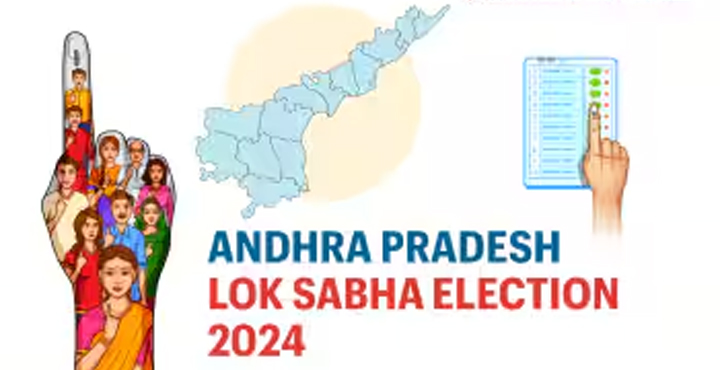
As the 2024 Andhra Pradesh elections approach, it’s crucial to understand the significance of each vote. While some may choose to abstain from voting, believing their single ballot won’t make a difference, history tells a different story. Across the globe, numerous instances highlight how a single vote has reshaped governments and altered the course of history.
In 1999, a solitary vote played a pivotal role in dethroning Atal Bihari Vajpayee’s government. Vajpayee’s administration, part of the NDA alliance, faced a confidence motion in the Lok Sabha after Jayalalitha’s AIADMK withdrew its support. The government lost the motion by just one vote, leading to its downfall after a mere 13 months in power.
Similarly, in the 2004 Karnataka Assembly Elections, the Santhemarahalli (SC) seat witnessed a fierce battle between AR Krishnamurthy of Janata Dal (Secular) and Dhruva Narayana from Congress. Narayana emerged victorious by a margin of one vote, with Krishnamurthy’s driver unable to cast his ballot due to accompanying his employer. This small difference determined the outcome of the election.
The 2008 Rajasthan Assembly Elections saw Congress leader CP Joshi lose the Chief Minister position by a single vote. Despite securing 62,215 votes in the Nathdwara constituency, Joshi fell short as his opponent from BJP garnered 62,216 votes. Joshi’s wife, mother, and driver, failing to cast their votes, contributed to his defeat, altering the political landscape of Rajasthan.
Even on the international stage, individual votes have shaped significant events. In 1923, Adolf Hitler clinched the presidency of the Nazi Party by winning an election with a margin of only one vote, paving the way for his rise to power. Similarly, in 1868, Andrew Johnson became President of the United States by a mere single vote, demonstrating the profound impact of individual participation in elections.
These examples explains us the importance of every vote in shaping the destiny of nations. Whether it’s a national election or a local assembly contest, each ballot carries the potential to sway the outcome. Therefore, it’s essential for citizens to recognize the power they hold in their hands and exercise their right to vote conscientiously.
As citizens prepare to cast their votes in the upcoming elections, let these stories work as a reminder of the significance of their participation. Whether they choose to support a candidate or express dissent through NOTA (None of the Above), their engagement in the democratic process is essential for a vibrant and inclusive society. In the words of Mahatma Gandhi, “Be the change you wish to see in the world” – and it all begins with a single vote.













